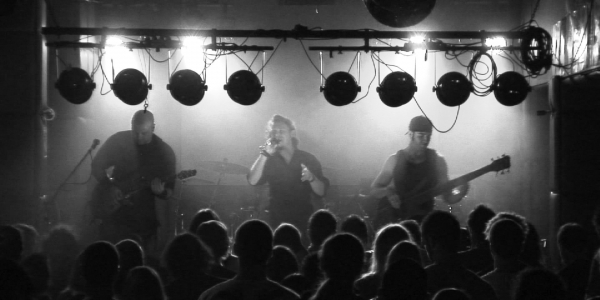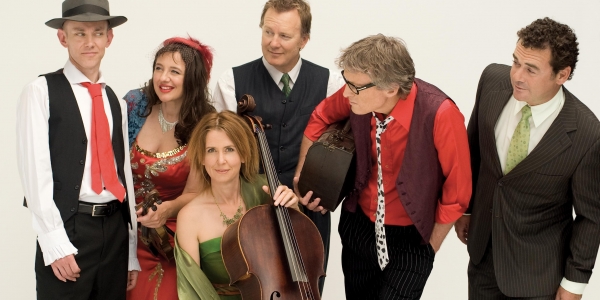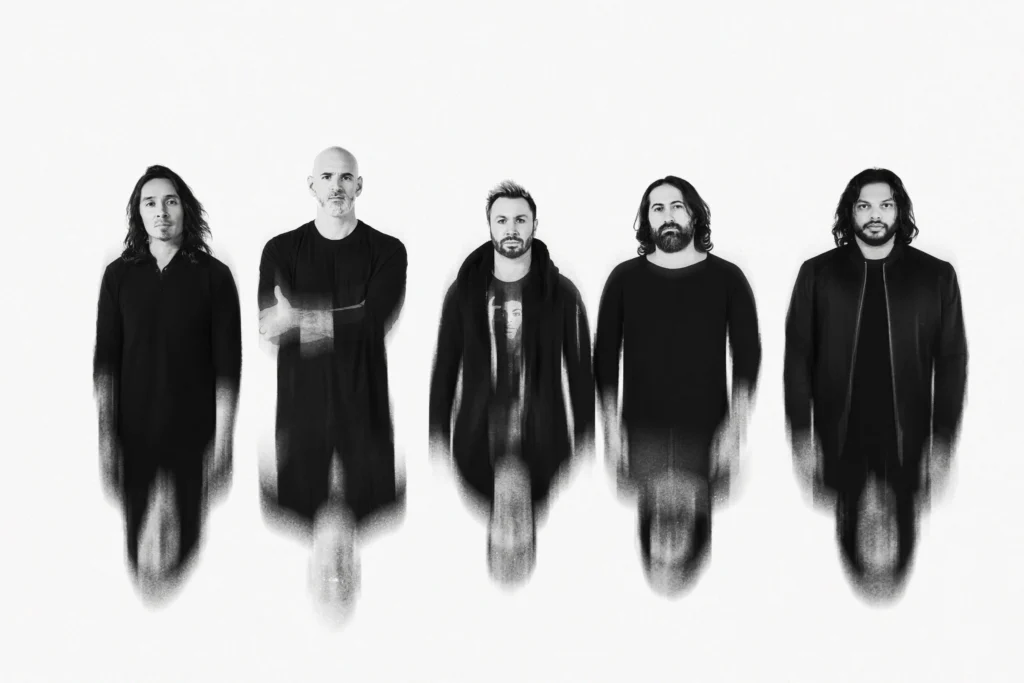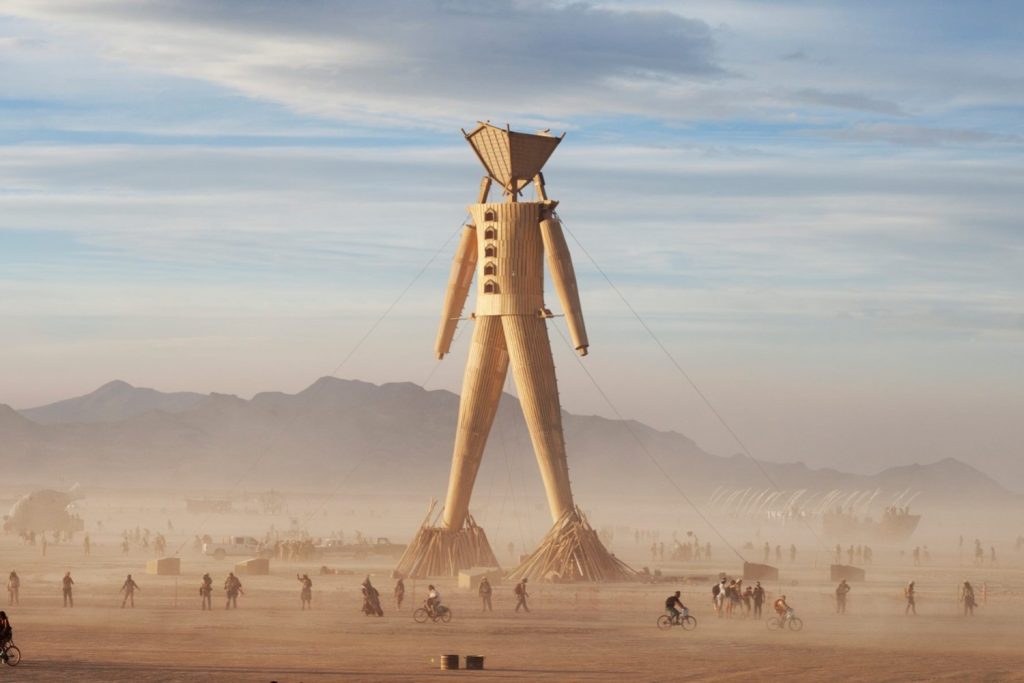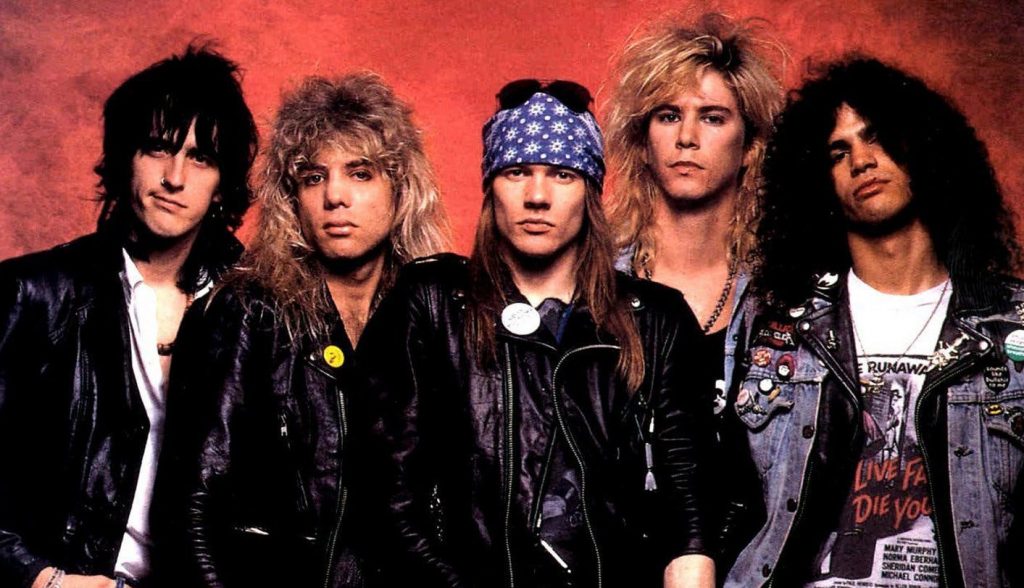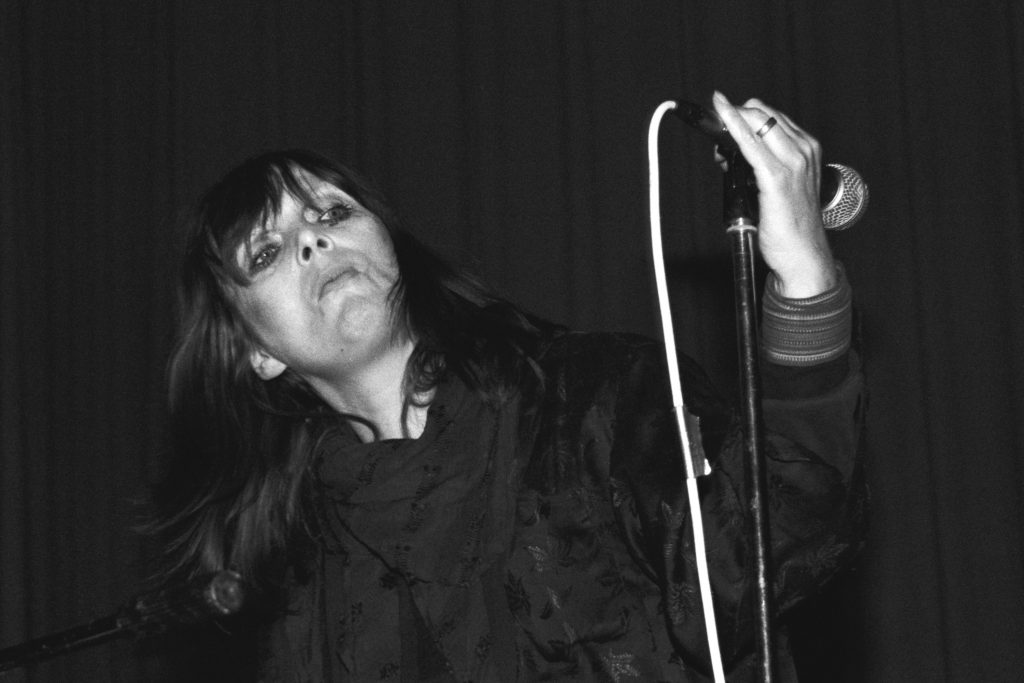This important project follows the success of The Germinate Project, which helped in developing a “think green” ethos within the Australian music industry as well as promoting best practice in solar power generation and efficient audio technology.
“There’s a push for that from RMIT in the final year to get people involved in real practical placements and issues related to the music industry as well as sociological issues,” says Claire Lothian. “Personally, I’d like to continue doing work like that – I’m moving to London shortly, so maybe I’ll give it a crack over there.”
The inspired RMIT students – Lothian, Joon Tang, Michael Rankin, Fernando Castaneda and Marta Jewtuch – filmed more than 20 bands across two months. They spoke to musicians of various genres including indie, metal and hip-hop to garner a diverse range of views on the issue of safety/designated drivers to and from gigs. Being able to interview two to three bands at any given gig ensured efficient time management.
“We’re really lucky in Melbourne in that we’re spoilt for choice, so it was more trying to narrow it down and we tried to do it by genre to get a few different styles in there,” Lothian explains. “I was surprised by how responsible the artists were by and large. I kind of expected people to be a bit standoffish and act like rock stars, but everyone was really lovely and very willing to talk about the topic of road safely or just getting home safely from gigs in general.
“I guess the main consideration for a lot of people as well as the obvious ones – not wanting to have an accident or a fine – was that they had to carry lots of gear to gigs, so they really needed to drive in order to play gigs around Melbourne. With the punters, it was more spread out – lots of people ride their bikes to gigs.
“It was really great to see how different live venues have approached the same thing but slightly differently. We went to The Arthouse before it shut down and The Grace Darling, which is one of the newer establishments that are doing really well.”
Lothian’s key notes of advice to all gig-goers: “If you’re going to have a really good time alcohol-wise, then make other plans to get home rather than drive. There are other options available, so musicians and punters should take them and not risk hurting themselves or other people.”
For Joon Tang, the best aspect of the project was filming at the bars and meeting diverse characters: “It was really great to work with so many talented artists and all of them were very friendly. No rock star shit goin’ on here. Just amazing people! I love talking to people, so getting to see so many different types of people certainly gave me a different insight into human life.
“The music culture in Melbourne is so glorious and close-knit and everyone is just trying to ‘make it’ by helping each other. I was also very surprised by how responsible everyone was when it comes to safe driving. Of course there were a couple of douchebags who were very proud of how they’d always managed to avoid booze busts and stuff, but they’re just irresponsible.”
Michael Rankin assisted with the filming of the gigs and works as a sound engineer: “I thought the filming was a great experience, and was surprised that so many other people were quite conscious of drinking at gigs and mostly had a plan to get home without driving. Going into the project, I was expecting a much lower percentage of punters to be so prepared.”
Marta Jewtuch: “Although Melbournian music lovers do love to have a good time while at a gig, they do have a responsible bone in their body and make it home safe without harming others and themselves.”
THE AFTER GIG GUIDE WEBSITES
YouTube: youtube.com/user/aftergigguide
Blog: theaftergigguide.wordpress.com/
And you can check the TAC After-Gig Guide on beat.com.au and in Beat each week.
HOW DO THE RMIT MUSIC GRADUATES GET HOME SAFELY AFTER A GIG?
Iggy Pop/Paul Kelly devotee Claire Lothian: “Given that it’s winter, I’m pretty inclined to the taxi,” she laughs, “but generally public transport or a taxi.”
Electronic music fan Joon Tang: “I get home from bars and clubs by taking a cab or the tram. Mainly cabs ’cause I don’t have a car. I know a cab might cost a lot and I certainly wouldn’t wanna spend that kind of money after a big night out; however, I’d rather pay for a cab than paying for it with my life. I’ve had my share of seeing friends getting into accidents because of drunk driving and it’s not worth it. The pain that we suffer later is not worth it at all.”
Sound engineer Michael Rankin: “If I’m ever working on a gig, I always drive and never have more than one or two pots depending on the length of the gig. If I’m going as a punter, I either get a cab home or crash on a mate’s couch.”
Metal fanatic Marta Jewtuch: “Finally it’s the long weekend! I’m actually off to a gig today (Sunday), which will be at Pony. My plan on getting home is chipping in for a taxi with a bunch of mates. Usually, on other nights, my group takes turns in volunteering in being the designated driver for the night.”
Muso Fernando Castaneda (from hardcore/punk/metal band, Bricks):“I haven’t driven in quite some time. Public transport is pretty effective in the city so there is no real need to drive, especially when going out to gigs, parties, or pubs. I find that if I have some drinks during the weekend and I leave the place early enough, I can catch a tram or train back home. I live close to the city, so I usually just get a cab back home after going out; not too expensive for me. And when going out to gigs, cab drivers are pretty awesome at letting you transport musical equipment to and from the venue. I will often have a few beverages, but then again, I will always have someone drive me back home, whether a tram/train or a cab driver. Those guys are my designated drivers.”
